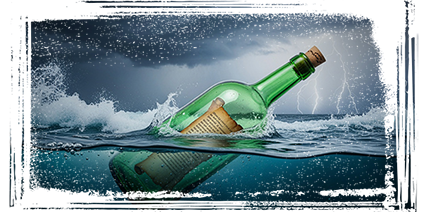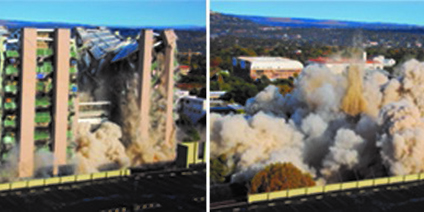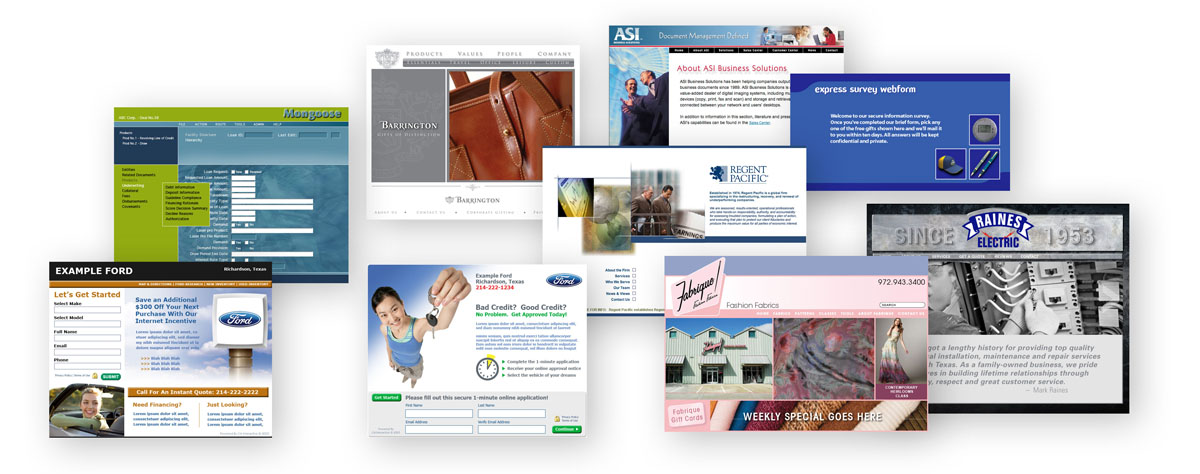Life in the Blue Winnebago
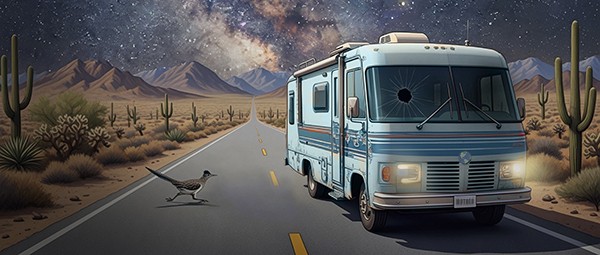
Life in the Blue Winnebago
I’ve often posited that the inhabitants of Earth resemble a hapless group of travelers, hurtling down the interstellar highway at 67,000 miles per hour in a 1960’s Winnebago with no brakes, a faulty drivetrain, leaky tailpipe, only one good headlight, a third-full gas tank, and a hole in the windshield. We are courting disaster.
Pretty much nobody disagrees with the fact that things in our little closed system are awry. We just disagree on the cause. Whether it’s the self-loathers, decrying the human race for gobbling up the resources, or it’s the astronomers and geoscientists who warn of dangers from above and below, or maybe the “Entropy-ites” who insist that everything is moving too quickly from organized matter to unorganized energy, “The End is Near” seems to be the universal mantra.
The entirety of science — and I mean everything from basic mathematics, to Freudian Psychology, to quantum physics — depends on consistency of causes. Otherwise, we’d never be able to recognize patterns from which we build theories, which, if they stand the tests of time and critique, become laws (like, say, the speed of light being the fastest thing possible).
Unquestionably, many of the theories and laws of science are either true or functionally true (i.e. they miss the bullseye by such infinitesimal amounts that we can assume they are good enough).
But, what if? What if, sometime between the Big Bang and the second you read that previous sentence, something got broken? What if the way the entire galactic system was created got distorted? Maybe the distortion was tiny but, like the butterfly wings in China causing a hurricane in the Caribbean and all that crap, one tiny break, mushroomed into widespread disfiguration of reality.
Maybe it would account for things like human psychoses, natural disasters, global warming, universal Entropy, and every other pothole our motorhome keeps encountering. Perhaps it would even account for a large percentage of our misunderstandings about ourselves, the universe we live in, and why our “laws of science” keep reaching the end of their usefulness.
If there’s a problem, there’s a solution. You and I just need to find it.
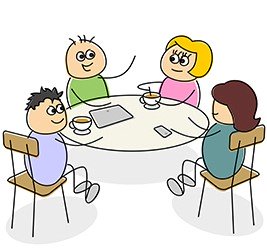 Let’s talk. I’d really like to hear what you have to say, and it might even give me something to write about. Email me at guy@lawsoncomm.com.
Let’s talk. I’d really like to hear what you have to say, and it might even give me something to write about. Email me at guy@lawsoncomm.com.
I’ll buy you coffee and we can compare notes. I promise not to steal your ideas without permission.
![]()
We don’t learn much when everything goes right. We learn the most when things go wrong.
— Simon Sinek

Did someone forward this newsletter to you after reading it themselves? Don’t settle for that!
CLICK HERE
to get a fresh, unused copy of this newsletter sent directly to you every Sunday morning. If you decide it stinks, you can always unsubscribe.
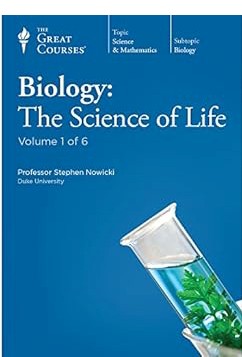
Biology: The Science of Life
— Stephen Nowicki
Another excellent offering from the brainiacs at Great Courses. I swear if I’d encountered this stuff in college when I was supposed to, I’d have never turned out to be such a slacker. Read this book. Or, listen to it on Spotify. It will make you look at stuff — like your own hand — differently, and maybe you won’t be so bored with life!
A meeting of great minds who think alike


